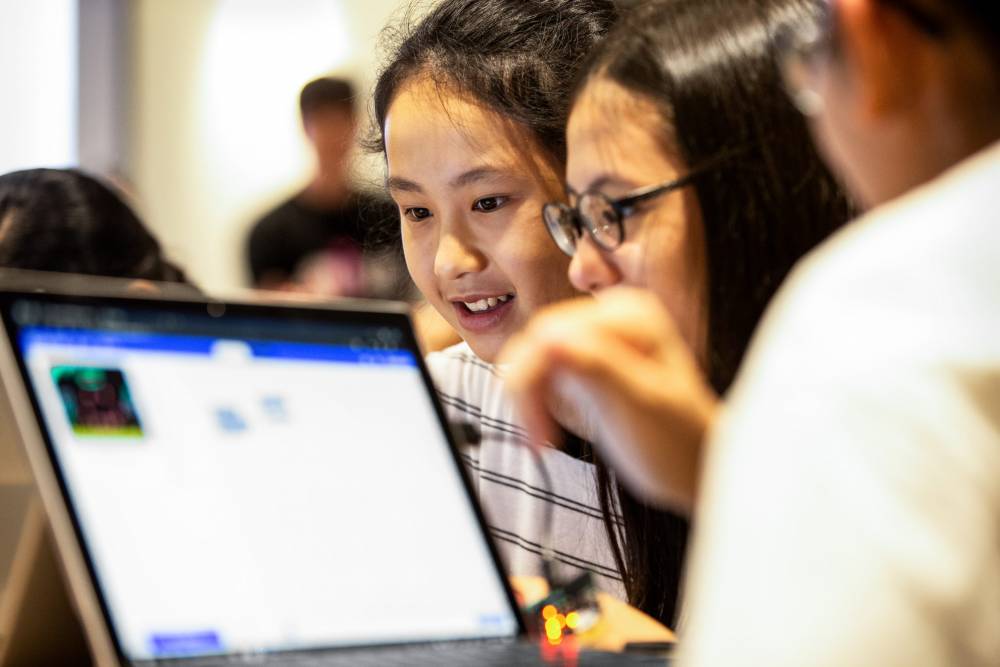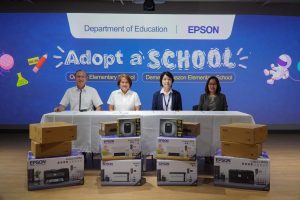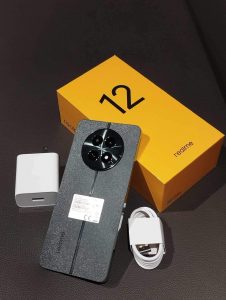Microsoft Reading Progress Tool expanded with Filipino Language to Boost Reading and Literacy for 27 million Students

Microsoft recently expanded capabilities in its Reading Progress tool to include Filipino. This is now available to the 27 million students and 950,000 teachers within the Department of Education’s (DepEd) nationwide system.
Microsoft’s Reading Progress is a free application built into Microsoft Teams and is powered by Artificial Intelligence (AI) to support and track students’ reading fluency, specifically reading accuracy, speed, and pronunciation. The tool works on all platforms, including Desktop, Mac, web, iOS, and Android.

“Inclusive skills development and learning are at the core of our work around education. Filipinos’ innate English proficiency sets us apart within the global workforce, but equally important is our proficiency in our mother tongue. The availability of Filipino and local dialects in the Reading Progress tool will empower all our students to develop strong literacy skills for success in and beyond the classroom. Microsoft will continue to introduce innovations and support the education sector to create sustainable impact toward skilling the nation and its future workforce,” said Clarissa Segismundo, Microsoft Philippines Education Programs Head.
Reading Progress is now available to all DepEd regions across the Philippines, delivering critical reading skills, both online and in face-to-face environments.
Teacher Divina Gracia Barrion Cuya, who teaches Grade 1 Special Science class in Tiwi Central School in Albay shares how the Reading Progress tool has significantly helped her in teaching reading in English and the impact it has brought to the learning of her students.
“Reading Progress was a huge help for me and my learners during the pandemic. It allowed me to teach my students to read more effectively and engage them as we go through their reading milestones. This innovative platform has empowered teachers like me to easily monitor and assess students’ progress in reading using any device,” said Cuya.
The Reading Progress tool was designed to enable teachers to connect with students on an individual level and identify opportunities for differentiated instruction. With functions such as assignment review, teachers can collect valuable data and Education Insights dashboards that help visualize class and individual performance and growth. These innovations have empowered educators such as teacher Divina to deliver lessons in a more engaging way and track students’ progress.
“Since utilizing Reading Progress, my learners’ reading fluency, comprehension and vocabulary have all dramatically improved. They also enjoy spelling and, most importantly, developed a deep, genuine love for reading,” said Cuya.
According to DepEd, students need to develop a strong foundation in their mother language before effectively learning additional languages. Research also shows that children learning in their mother tongue adopt a better understanding of the curriculum. The new features in the Reading Progress tool and its availability to all public-school students and teachers will help in implementing DepEd’s Mother Tongue-Based Multilingual Education (MTB-MLE) program.
Cuya shares firsthand insight into the struggle of students in reading Filipino. A report in 2020 by the DepEd Region V found around 40,000-grade school students struggling to read after taking both Filipino and English tests. With the new features now available in the Reading Progress tool, teacher Divina is confident in improving her student’s Filipino reading skills.
“Constant practice in reading Filipino passages and in mother tongue will also help my learners improve reading fluency. So, if I will give my incoming Grade 1 this year more passages in Filipino and Mother Tongue, I am certain they will improve and learn in both subjects, said Cuya.”
Microsoft is working closely with DepEd to deploy and fully leverage the Reading Progress tool in schools across the country to support the education sector in delivering critical skills and preparing Filipino learners for the future.




